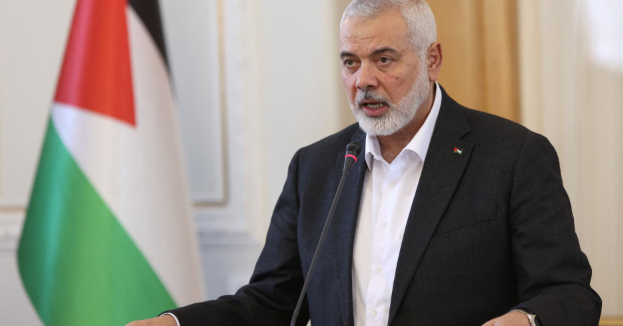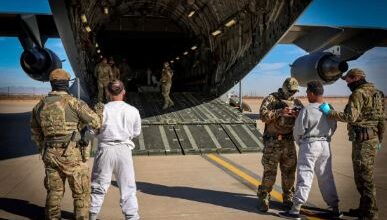Iran Warns Israel of Consequences Following Hamas Leader Ismail Haniyeh’s Death

Iran has issued a stern warning to Israel, declaring that it will “pay a heavy price” for the recent assassination of top Hamas leader Ismail Haniyeh. This pronouncement adds to the mounting tensions in the region and raises concerns about potential escalations.
Haniyeh, a key figure in the Hamas leadership, was reportedly killed in an Israeli airstrike, a move that has drawn sharp condemnation from Iran. The Iranian government, a staunch supporter of Hamas, has condemned the killing as an act of aggression and vowed that Israel will face repercussions.
In a statement, Iranian Foreign Minister Hossein Amir-Abdollahian expressed solidarity with the Palestinian people and their resistance movements. “The Zionist regime’s criminal actions will not go unanswered,” he said. “Israel will pay a heavy price for its atrocities.”
This incident marks a significant escalation in the ongoing Israeli-Palestinian conflict, with potential ramifications for the broader Middle East. Iran’s involvement underscores the geopolitical complexities of the situation, as the country has historically provided financial and military support to Hamas and other groups opposed to Israel.
Haniyeh’s death has already heightened tensions in Gaza, with Hamas vowing retaliation. The group’s leadership has called for increased resistance against Israeli forces, raising fears of renewed violence. For many in Gaza, the assassination disrupts a fragile ceasefire that had provided a brief respite from the ongoing conflict.
International reactions have been mixed. Some countries have called for restraint and a return to diplomatic negotiations, while others have sided with Israel’s right to defend itself against what it considers terrorist threats. The United Nations and other international bodies have urged both sides to avoid further escalation and to focus on peace efforts.
Israel, on the other hand, has justified the strike as a necessary measure to neutralize a high-profile threat. Israeli officials argue that Haniyeh was responsible for orchestrating attacks against Israeli civilians and soldiers, making his elimination a matter of national security.
The geopolitical implications of this development are significant. Iran’s promise of retaliation could lead to increased regional instability, potentially drawing in other nations and groups aligned with either side. The situation remains volatile, with the potential for further military actions and counteractions in the near future.
As the dust settles, the international community watches closely, hoping to prevent a full-scale escalation. The assassination of Ismail Haniyeh not only impacts the immediate Israeli-Palestinian conflict but also threatens to destabilize the already fragile dynamics of the Middle East.
In conclusion, Iran’s warning to Israel following the death of Ismail Haniyeh signifies a dangerous turn in regional tensions. The coming days will be crucial in determining whether diplomatic efforts can prevent further violence or if the situation will deteriorate into broader conflict.





